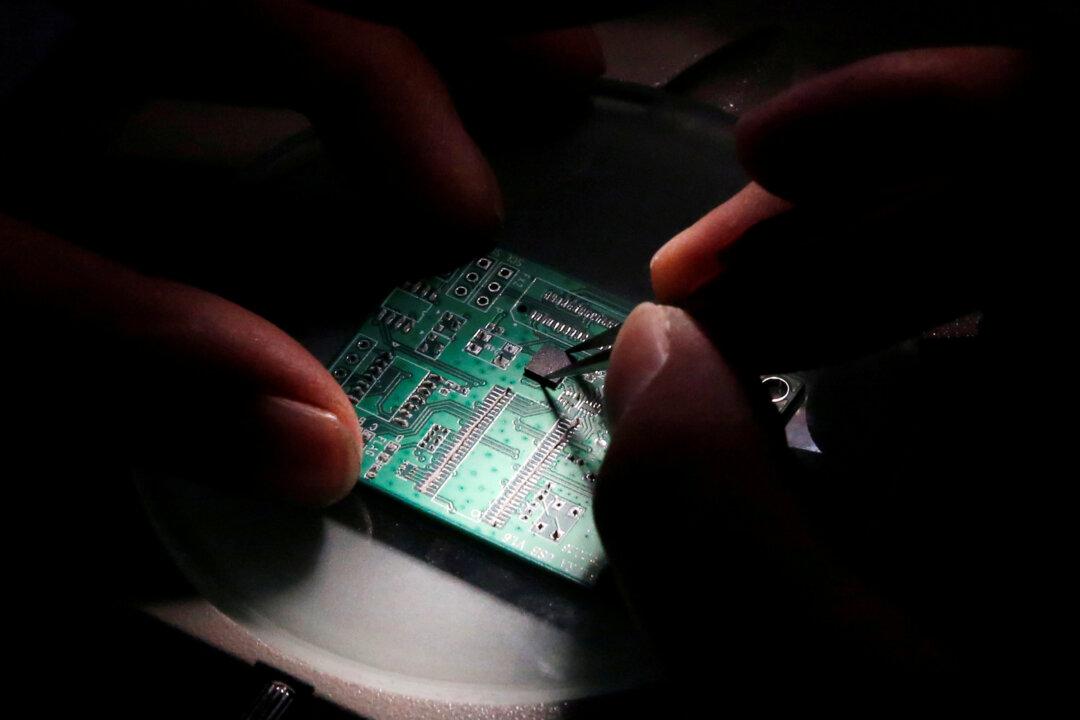WASHINGTON—Opening a new front in its trade and technology disputes with China, the Trump administration on Oct. 29 took action to cut off a Chinese state-backed semiconductor maker from U.S. exports of components, software, and technology goods.
The Commerce Department said it has put Fujian Jinhua Integrated Circuit Co., Ltd on a list of entities that cannot purchase such products from U.S. firms, citing a “significant risk” that the Chinese firm’s new memory chip capacity will threaten the viability of American suppliers of such chips for military systems.





